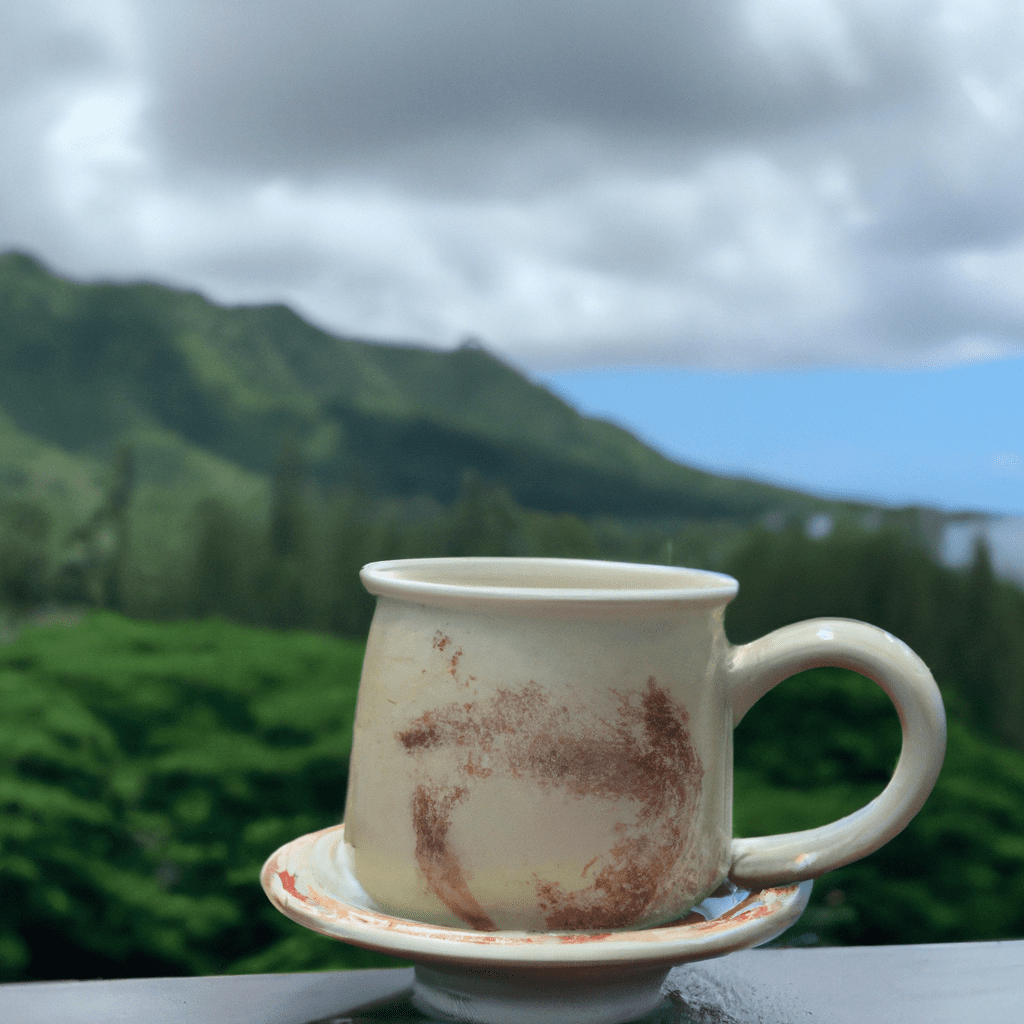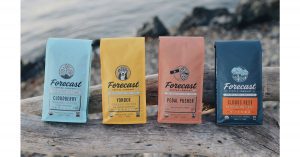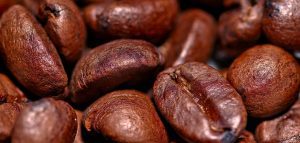Direct Source Kona Coffee – A Sustainable and Fair Trade Choice
4 min read
hawaiian coffee is the best

Kona Coffee: A Sustainable and Fair Trade Choice
If you love coffee, you have probably heard of Kona coffee. This variety, grown in the Kona district of Hawaii, is known for its rich, smooth, and fruity taste. But do you know why Kona coffee is so special? In this article, we will dive into the history, science, and cultural aspects of Kona coffee, and explore why it is a sustainable and fair trade choice.
A Brief History of Kona Coffee
Kona coffee has a fascinating origin story. In the 19th century, Westerners brought coffee plants to Hawaii as a cash crop. The plants thrived in the fertile volcanic soil and sunny climate of the Kona district on the Big Island. Soon, local farmers started growing coffee too, and by the early 20th century, Kona coffee had gained international recognition for its quality.
Today, Kona coffee is grown on about 600 small family farms in the Kona district, covering an area of less than 30 square miles. The farms are typically less than five acres each and are owned by multi-generational families who have been growing coffee for over a hundred years.
The Science of Kona Coffee
What makes Kona coffee so special? It turns out that the unique combination of factors in the Kona district elevates the quality of the coffee beans. The volcanic soil is rich in minerals and nutrients that nourish the coffee plants, while the sunny days and cool nights help them grow slowly and develop a complex flavor profile. The high altitude of the farms also contributes to the acidity and sweetness of the beans.
Kona coffee is made from Arabica beans, which are known for their sweetness, complexity, and low bitterness. The beans are medium-roasted to bring out their unique flavor characteristics, which can include notes of chocolate, caramel, and tropical fruit.
The Culture of Kona Coffee
Kona coffee is not just a product; it is also a symbol of Hawaiian culture and heritage. The small family farms that grow Kona coffee often have deep roots in the community, and their coffee represents their connection to the land and the people.
Many of the farmers use traditional methods to grow and process their coffee, such as handpicking the beans and sun-drying them. These methods not only preserve the flavor profile of the coffee but also contribute to sustainable and environmentally friendly farming practices.
The Sustainability and Fair Trade of Kona Coffee
In recent years, there has been growing concern about the impact of coffee production on the environment and the well-being of coffee farmers. Kona coffee, with its small-scale farming practices and emphasis on quality over quantity, offers a sustainable and fair trade alternative to mass-produced coffee.
Many Kona coffee farmers use organic or biodynamic farming methods, which reduce the use of synthetic fertilizers and pesticides and promote healthy soil and ecosystems. The coffee is also handpicked, which ensures that only ripe beans are harvested and reduces waste. Additionally, Kona coffee farmers often operate on a direct trade model, which means they sell their beans directly to roasters or consumers without going through middlemen or brokers. This model allows them to receive a fair price for their product and ensures transparency and traceability in the supply chain.
The Future of Kona Coffee
Kona coffee faces several challenges in the future, including climate change, labor shortages, and competition from other coffee-growing regions. However, the commitment of Kona coffee farmers to sustainability and quality bodes well for the future of this unique variety.
As consumers, we can support Kona coffee by choosing to buy from sustainable and fair trade sources, learning more about the history and culture of Kona coffee, and enjoying its delicious flavor. By doing so, we can help preserve a small but essential part of Hawaiian culture and contribute to a more sustainable and just coffee industry.






